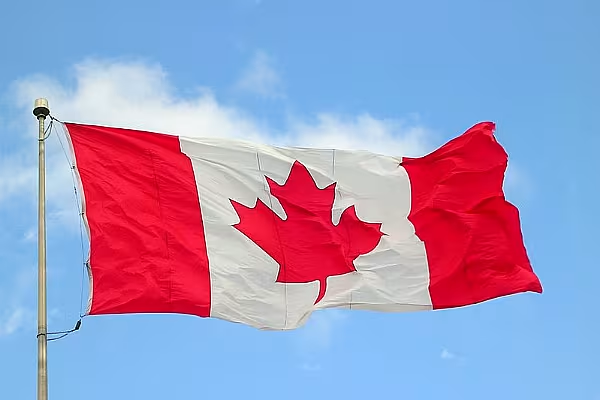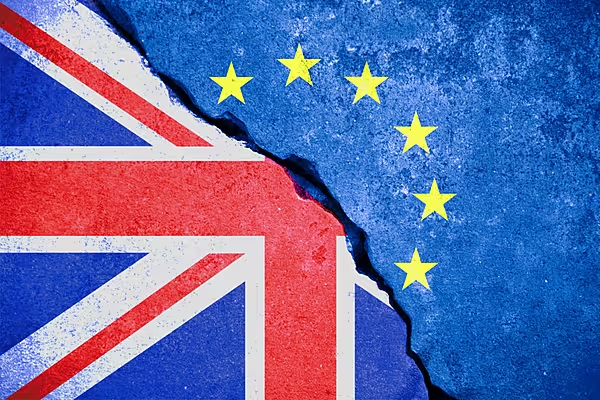The European Union's free trade agreement with Canada cleared a political hurdle on Tuesday, when a slim majority of lawmakers in the Dutch lower house voted to ratify the contested deal.
Votes by members of the country's governing coalition were enough to approve the deal, which was rejected by opposition parties on the left and right on concerns ranging from investor protection to food safety standards and pollution.
Ratification by the traditionally pro-free trade Netherlands remains uncertain, however, as opponents of the deal still have the upper hand in the country's Senate, which will make a final decision at a later date.
The Comprehensive Economic and Trade Agreement (CETA) sets out the removal of tariffs on 99% of all goods types traded between the EU and Canada, some over a period of up to seven years.
It has been provisionally in force since September 2017, but so far has only been ratified by 13 of the 27 EU countries and Canada.
Essential For Future Trade Agreements
Proponents of the agreement say it is essential for future trade agreements, but critics say it unfairly favours multinationals and threatens to lower standards on food safety, animal welfare and environmental protection.
Such concerns have forged an unlikely coalition of environmentalists, animal rights activists and far-right anti-EU parties in the Netherlands, all of them campaigning for the deal's rejection.
The agreement could be scuppered altogether in theory if an EU member country formally notifies Brussels that it has permanently rejected it, although the wording of the accord could leave room for workarounds.
News by Reuters, edited by ESM. Click subscribe to sign up to ESM: European Supermarket Magazine.











